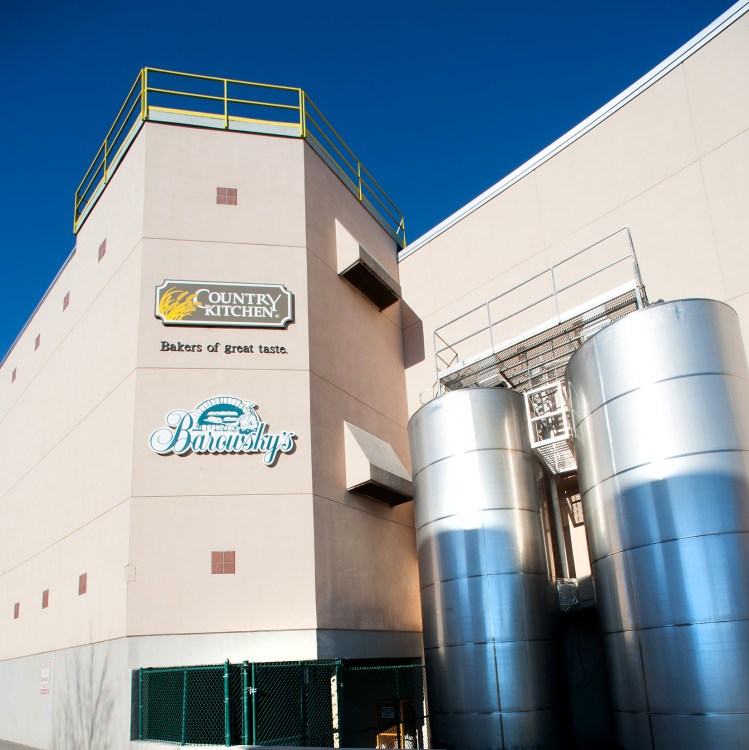A suit by Maine bakery drivers seeking to be classified as employees rather than independent contractors can proceed as a class-action lawsuit, a federal judge has ruled.
The lawsuit, which seeks $5 million, is pending in federal court in Bangor and alleges that the drivers routinely work up to 55 hours a week, seven days a week and, as independent contractors, they don’t get employee benefits, such as overtime pay. The suit says at least 102 drivers are believed to be affected and names as defendants Lepage Bakeries, an Auburn subsidiary of Georgia-based Flower Foods, and CK Sales of Auburn, a distributor.
In 2013, the suit said, CK Sales converted its employees to independent contractors and said it was operating a “franchised distributorship.”
But the suit said Flower Foods sets almost all the terms of the relationship among the bakery, drivers and stores, including prices, the products that are sold and shelf space. That means the drivers are acting as employees, rather than independent distributors, the lawsuit alleges.
Flower Foods sought to block the suit from proceeding as a class action, meaning the drivers would have to proceed with their cases individually. That usually means higher legal costs for the individual plaintiffs.
U.S. District Judge Lance Walker said the case will go forward as a class action because many of the issues he will have to weigh, such as “the nature of the work … the method of payment and what tools, supplies, and materials the worker must supply,” are common in all the cases and his rulings will apply to all the drivers.
“While there are some differences among the class members with respect to certain factors – for example, the employment of assistants – there nevertheless is commonality among them with respect to most factors,” Walker said.
Walker told the two sides to draft an order to define members of the class by Feb. 8.
Another similar case heard recently in federal court in Maine resulted in a settlement giving drivers overtime. That case, however, involved employee drivers of Oakhurst Dairy and turned on the punctuation within a Maine law that exempts certain employees from being eligible for overtime pay.
Shawn Wanta, the lead lawyer for the bakery drivers in the lawsuit, said the Maine case is one of dozens across the country in which workers are challenging their status as independent contractors.
“This is part of a larger trend,” he said. “They want to know the answer to the question: What am I, an employee or contractor? And that’s at the heart of the case. In this case, they show up at a warehouse in the morning and return there at night and work for the same managers that they see every day.”
Wanta noted that before Lepage Bakeries was sold to Flower Foods, its drivers were employees.
“They took the same people and converted them to contractors,” he said.
Rob Brooks, a employment law specialist at the Verrill Dana law firm in Portland, said the standards for determining whether a worker is an employee or independent contractor have changed in recent years and require weighing many factors, from where they perform their work to whether a worker has an individual profit motive directly connected to their work.
Brooks, who is not involved in the Lepage Bakeries lawsuit, said those decisions have taken on added importance in recent years. Forty or 50 years ago, he said, most workers were clearly employees, but in a “gig economy” where workers shift jobs frequently, more are likely to be classified as independent contractors. Employers like the flexibility offered by hiring independent contractors, along with the savings from reduced benefits.
The standards for determining who is an employee and who is an independent contractor are developed by a half-dozen federal agencies and “tend to shift back and forth,” Brooks said. “It makes this area very difficult to advise clients on.”
A call to the lawyer representing the bakery was not returned Friday.
Edward D. Murphy can be contacted at 791-6465 or at:
emurphy@pressherald.com
Send questions/comments to the editors.



